The Power Outage Problem In Hurricanes
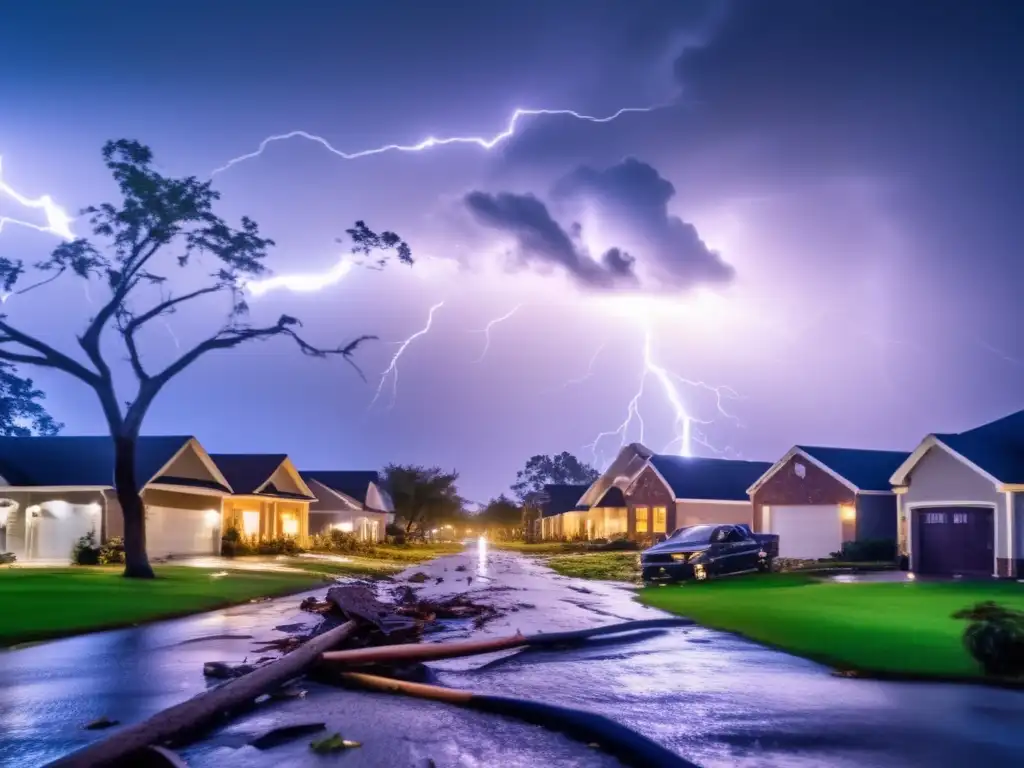
The Power Outage Problem in Hurricanes: Understanding the Impact and How to Prepare
Introduction
Hurricanes are some of the most powerful natural disasters, capable of causing widespread destruction and chaos. One of the most significant problems that hurricanes pose is power outages. When a hurricane strikes, it can knock out power lines, damage power plants, and cause disruptions to the electrical grid, leaving millions without electricity. In this article, we will explore the impact of power outages during hurricanes, discuss why they occur, and provide useful tips on how to prepare for and cope with them.
Why Hurricanes Cause Power Outages
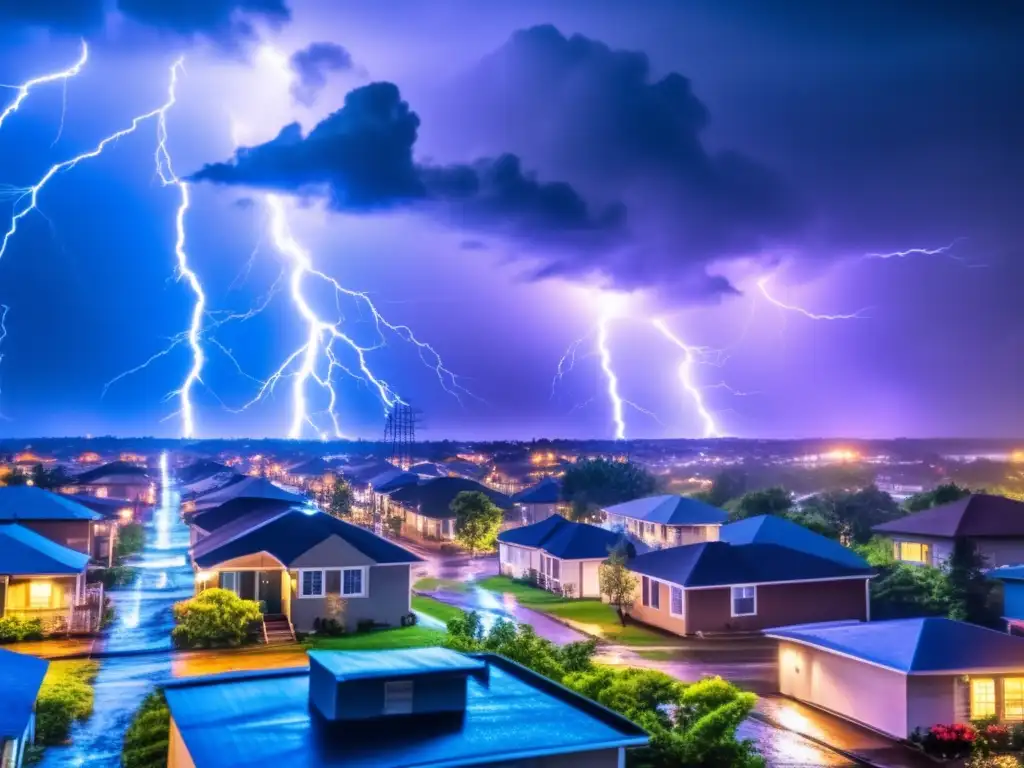
The primary reason why hurricanes cause power outages is due to the powerful winds that accompany them. When winds exceed a certain threshold, they can snap power lines, damage transformers, and bring down trees that in turn disrupt power lines. Furthermore, hurricanes bring heavy rainfall and flooding, which can also damage electrical infrastructure. Another issue is that the high winds and storm surge can make it dangerous for repair crews to work on restoring power, further exacerbating the problem.
What Happens When the Power Goes Out?
When the power goes out during a hurricane, it can cause a variety of problems. The most obvious is that people may not be able to use lights or appliances. However, the lack of power can also result in food spoilage, as refrigerators and freezers are no longer working. This means that people may lose access to perishable foods and have to rely on non-perishable items such as canned goods until power is restored. Additionally, power outages can limit people's access to information and communication, as they may not have access to the internet, television, or their phones.
The Impact on Healthcare and Emergency Services
Power outages can have a significant impact on healthcare and emergency services during hurricanes. Hospitals, nursing homes, and other medical facilities require continuous power to operate critical equipment such as ventilators, dialysis machines, and other life-support systems. Without access to power, these facilities may have to rely on backup generators, which can be a limited resource during a disaster.
Emergency services such as police and fire stations also depend on electricity to maintain communications and provide essential services. Without power, first responders may have difficulty responding to emergencies or communicating with one another.
How to Prepare for Power Outages During Hurricanes
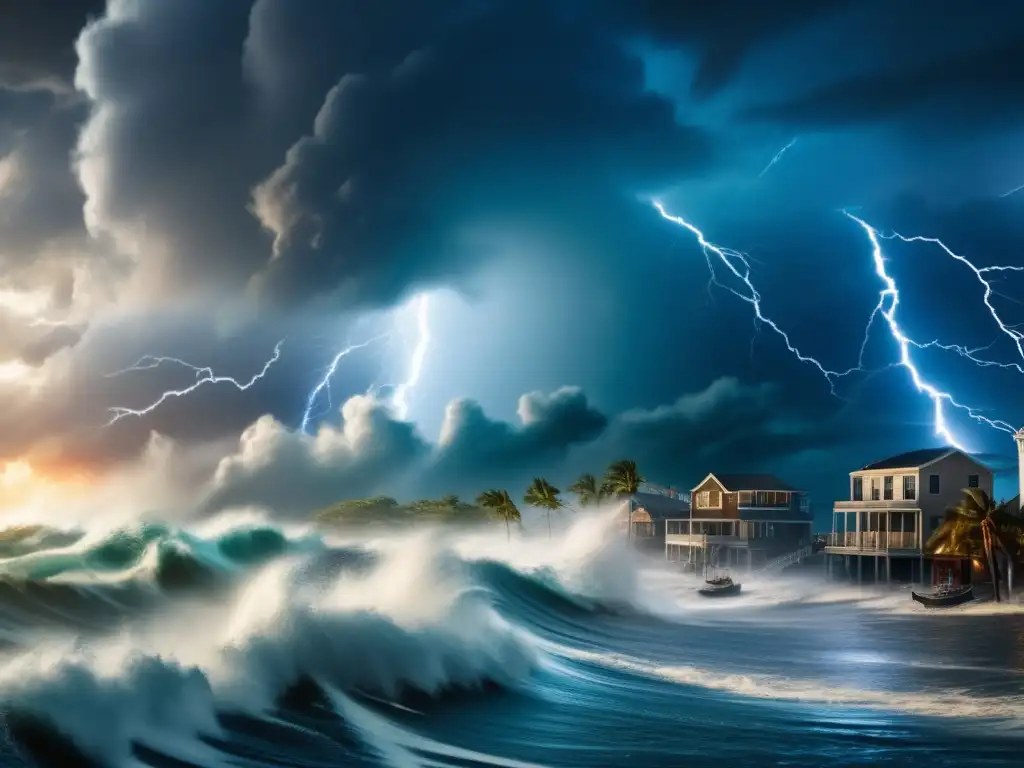
It's essential to be prepared for power outages during hurricanes so that you can protect yourself and your loved ones. Here are some tips on how to prepare:
Develop an Emergency Plan
Create an emergency plan that outlines what you will do in the event of a power outage. Make sure that everyone in your household is aware of the plan and knows what to do if the power goes out. This should include things like having a fully stocked emergency kit with non-perishable foods, water, medical supplies, and any necessary medications.
Invest in Backup Power Sources
Consider investing in a generator or other backup power source that can keep critical appliances running during an outage. However, it's important to note that generators should only be used outdoors and away from open windows and doors to prevent carbon monoxide poisoning.
Stay Informed
Keep up to date with the latest information on the storm, including updates from local news outlets, weather apps, and social media. This can help you better anticipate power outages and take necessary precautions.
Protect Your Home's Electrical Infrastructure
Before the storm arrives, secure any outdoor furniture or objects that could become airborne and damage power lines. Additionally, consider installing surge protectors or shutting off power to non-essential appliances to prevent power surges that can damage electrical devices when power is restored.
Coping with Power Outages During Hurricanes
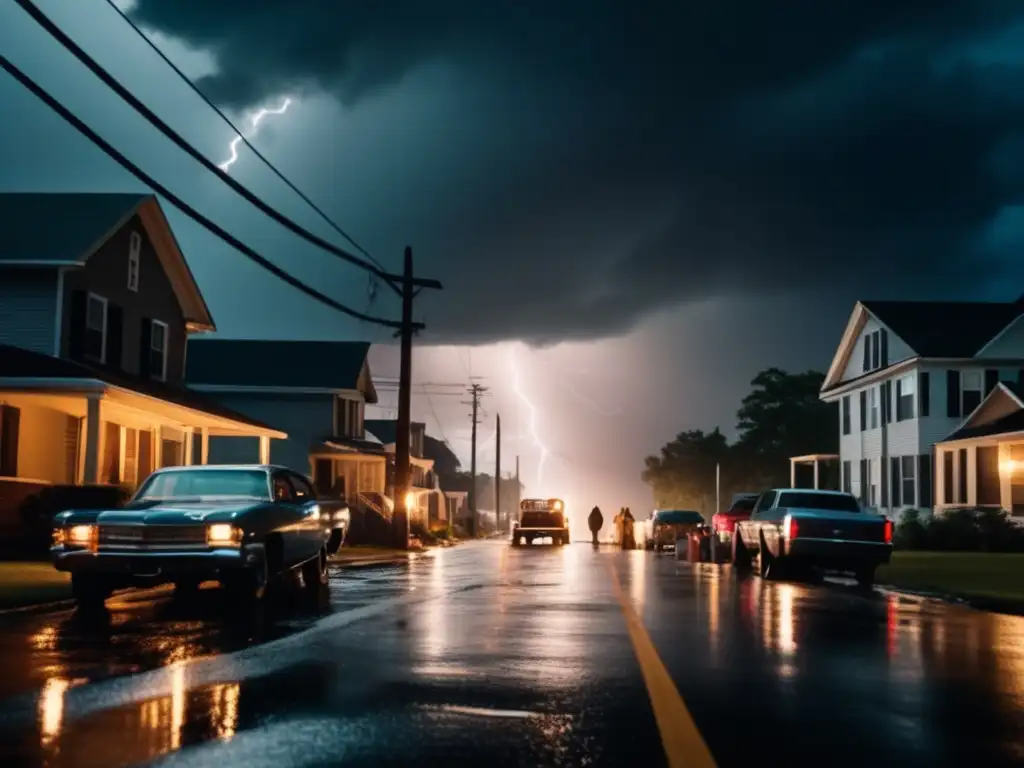
If you experience a power outage during a hurricane, there are several things you can do to stay safe and comfortable:
Stay Calm and Patient
It's important to remain calm and patient during a power outage. Power companies may take time to restore electricity services due to the high demand, so it may take some time before power is restored.
Use Alternative Lighting
Be sure to have alternative lighting sources such as flashlights, lanterns, or candles available to provide light. However, be cautious when using candles and never leave them unattended as they can pose a fire risk.
Conserve Energy
During a power outage, it's essential to conserve energy to prolong the life of any backup power sources you may have. Turn off any non-essential appliances and avoid using electrical devices that require a lot of power.
Protect Your Health
In the event of a power outage, you should prioritize your health and safety. Avoid spoiled food and keep food cold using ice packs or coolers if possible. Use fans or open windows to stay cool if the temperature rises, and seek medical attention if necessary.
Frequently Asked Questions

-
How long do power outages typically last during hurricanes?
The length of a power outage during a hurricane can vary depending on the severity of the storm and the extent of the damage. Some power outages may only last a few hours, while others can last for days or even weeks.
-
Can I use my car to generate electricity during a power outage?
While it's possible to use your car to generate electricity during a power outage, it's not recommended. Running your car's engine for extended periods can be dangerous due to the risk of carbon monoxide poisoning. Additionally, running your car's engine for long periods can cause damage to the engine.
-
How do I report a power outage during a hurricane?
If you experience a power outage during a hurricane, contact your local power company or utility provider to report the outage. Many power companies have automated phone systems or online tools that allow customers to report outages and get updates on when power will be restored.
-
Is it safe to use a portable generator during a power outage?
While portable generators can be useful during power outages, it's important to use them safely. Generators should only be used outdoors, away from open windows and doors, to prevent carbon monoxide poisoning. Additionally, make sure to follow the manufacturer's instructions carefully and never overload the generator.
-
How can I help my community during a power outage caused by a hurricane?
If you're able, consider volunteering with relief efforts or donating supplies to those in need. Additionally, be a good neighbor and check on those who may be vulnerable or in need of assistance.
Conclusion
Power outages are a significant problem during hurricanes and can cause a variety of issues for those affected. It's important to be prepared for power outages and to know how to cope with them when they occur. By developing an emergency plan, investing in backup power sources, and staying informed, you can protect yourself and your loved ones during a hurricane. Additionally, be sure to stay calm and patient, use alternative lighting, conserve energy, and prioritize your health and safety during a power outage. By working together and helping one another, we can get through the challenges posed by hurricanes and power outages.
Additional Resources
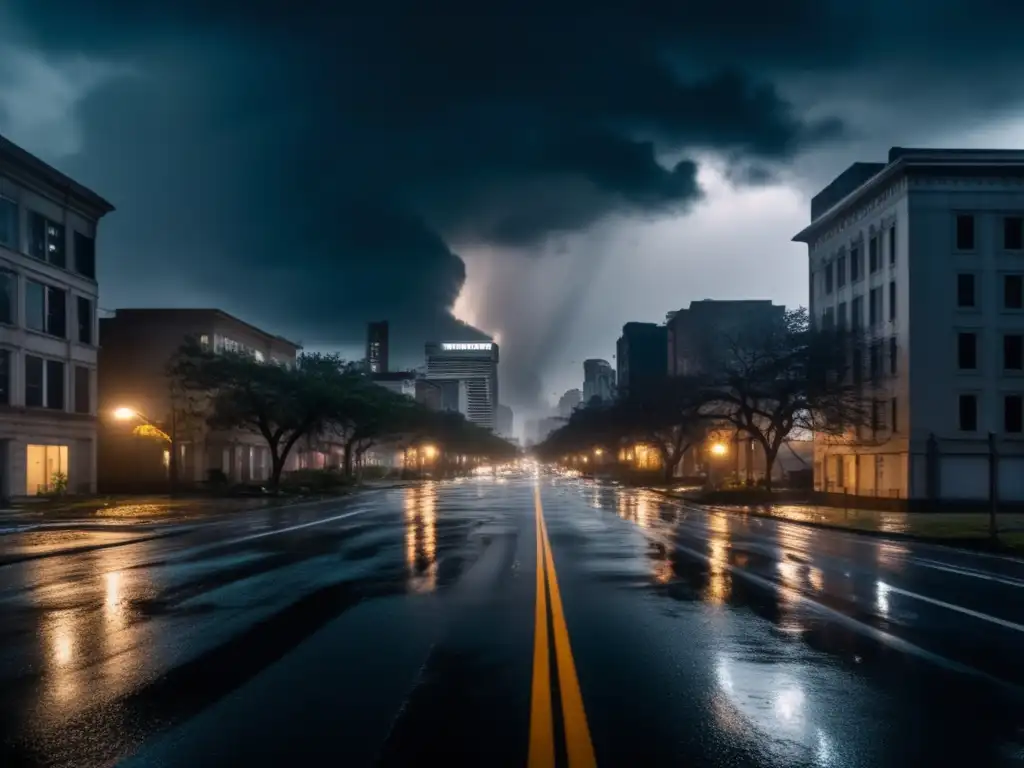
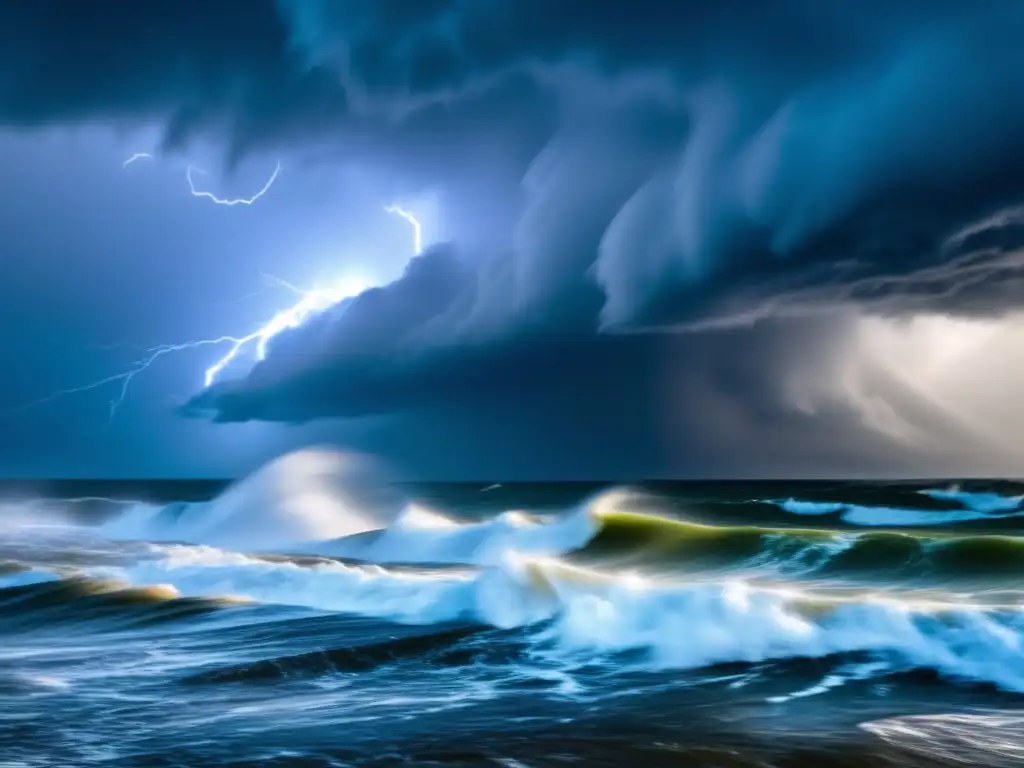 Hurricanes Vs. Nor'easters: A Comparison
Hurricanes Vs. Nor'easters: A Comparison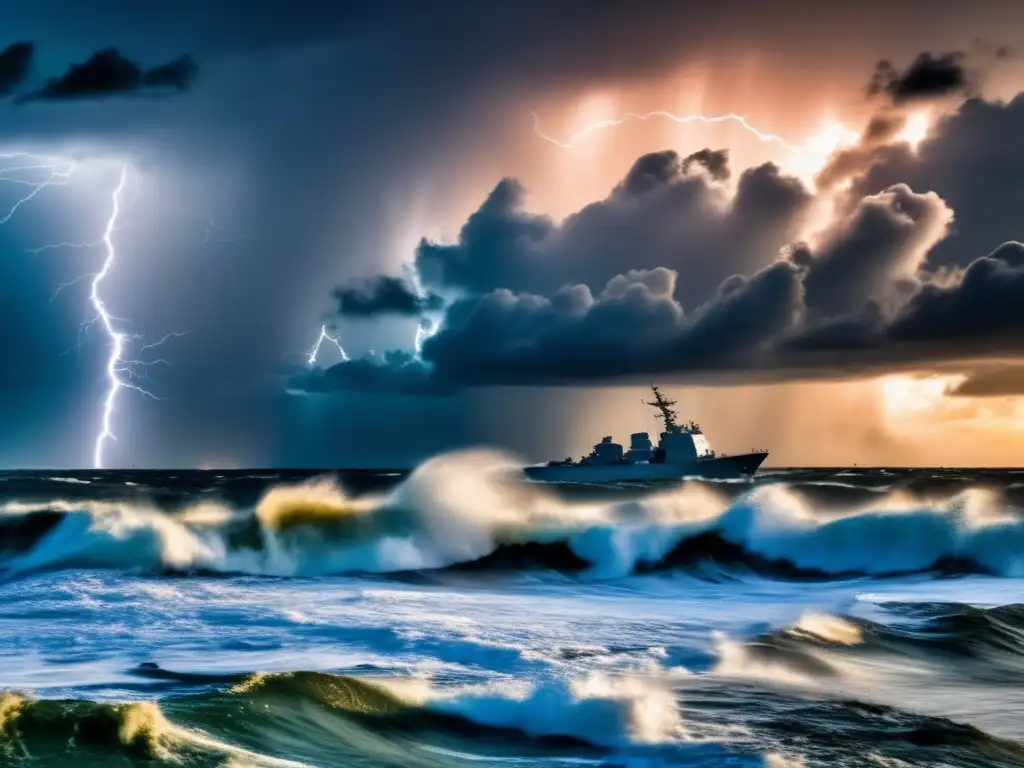 The Implications Of Hurricanes On Military Operations
The Implications Of Hurricanes On Military Operations What Do Hurricane Categories Really Tell Us?
What Do Hurricane Categories Really Tell Us?If you want to discover more articles similar to The Power Outage Problem In Hurricanes, you can visit the Basic knowledge about hurricanes: category.
Leave a Reply

Articulos relacionados: